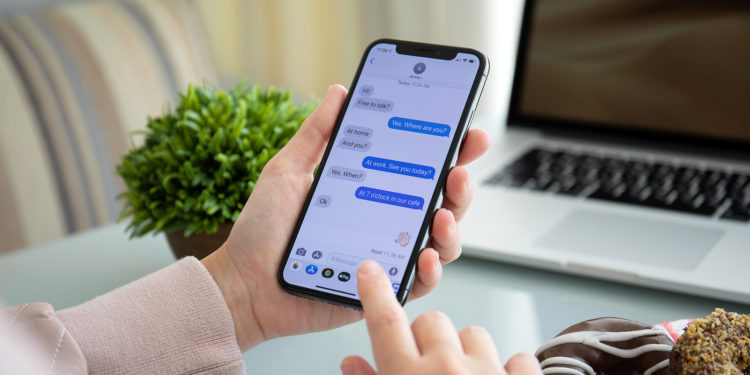It's no secret that Apple sees iMessage as enough of a selling point to keep the service exclusive to Apple devices. However, new court documents filed by Epic Games in its ongoing legal battle with the company reveal how Apple executives justified their decision not to develop a version of iMessage for Android.
Apple is aware of the power iMessage has to tie users to its platforms, especially in the US. Now, Epic is using emails as well as excerpts from interviews with Apple executives Eddie Cue, Craig Federighi and Phil Schiller to support its claim that Apple is trying to tie customers to its ecosystem. For example, the document cites a 2016 email in which an unnamed former Apple employee complains that iMessage "is coming down to serious lock-in," to which Schiller responds: "Expanding iMessage to Android will hurt us more than help us." From the document shows:
- a. Already in 2013, Apple decided not to develop a version of iMessage for the Android operating system. (Cue Dep. 92:22-93:1.)
- b. Mr. Cue testified that Apple "could have developed a version of Android that would work with iOS" so that "there would have been compatibility with the iOS platform so that users of both platforms would have been able to exchange messages seamlessly with each other." (Cue Dep. 92:5-9; 92:11-16.)
- c. However, Craig Federighi, Apple's senior vice president of software engineering and the executive in charge of iOS, feared that "iMessage on Android would simply serve to remove [a] barrier for iPhone families giving their children Android phones." (PX407, at '122.)
- d. Phil Schiller, an Apple executive in charge of the App Store, agreed that Apple should not offer iMessage on Android devices. (Cue Dep. 92:18-93:1.)
- e. In 2016, when a former Apple employee commented that the hardest [reason] to leave the Apple ecosystem is iMessage... "iMessage means a serious commitment to the Apple ecosystem," Mr. Schiller commented that "extending iMessage to Android will hurt us more than help us." (PX416, at '610; cue Dep. 114:14-115:2.)
iMessage could have been developed for Android as early as 2013
As Cue's comments indicate, Apple was able to develop an Android version of iMessage as early as 2013, but decided against it because it would remove a barrier that prevents families from giving their children Android phones. In 2016, rumors were documented about the possibility that Apple might launch a version of iMessage for Android smartphones as the company increases its focus on services. However, senior Apple executives refuted these rumors by admitting that a superior messaging platform that only works on Apple devices would boost sales of those devices, which has been the company's classic (and successful) rationale for years. Apple distributes some apps in the Google Play Store for Android, such as Apple Music, Move to iOS (for users moving from an Android smartphone to an iPhone), and Beats, an app used to pair Beats products with Android devices. (Photo by Denys Prykhodov / Bigstockphoto)





